
Marriage is a legally sanctioned partnership that formalizes the union of two individuals in a marital relationship. While marriages are typically accompanied by significant ceremonies and legally binding documentation, there exists an alternative form known as common law marriage.
For couples and individuals pursuing a formal divorce, it is advisable to consult with a family law firm in Overland Park to address matters related to marriage, common law marriage, and other family law issues.
Does Kansas Acknowledge Common Law Marriage?
Kansas is among the seven states that legally recognize common law marriage, alongside Texas, Oklahoma, Montana, Iowa, Rhode Island, and Colorado. However, the process of establishing a common law marriage in Kansas is not as straightforward as obtaining a marriage license and participating in a formal ceremony. There are specific legal standards and requirements that constitute a common law marriage contract in the state.

In Kansas, the perception of two individuals as spouses in a marital relationship is generally sufficient to establish common law marriage. This legal recognition allows couples who have cohabited and presented themselves as married, yet did not or could not partake in a formal wedding ceremony, to be acknowledged legally.
A common law partnership also facilitates the formation of a legally recognized relationship in situations where cultural, financial, or personal obstacles may hinder traditional marriage. Each state permitting common law marriage has its own criteria for those seeking the advantages of a state-recognized union.
Common Law Marriage in Kansas
Kansas acknowledges common law marriages and accords them the same legal standing as ceremonial marriages. In order to establish a valid common law marriage in Kansas, the following criteria must be met:
Actual and Mutual Agreement
Both parties must exhibit a mutual and present agreement to enter into a marital partnership. This agreement is essential for the establishment of common law marriage in Kansas.
Continuous Cohabitation
Continuous cohabitation serves as a fundamental aspect of common law marriage. While residing together as a married couple can lend support to the legitimacy of the marriage, it is not a prerequisite for the legal recognition of a common-law union in Kansas. Nevertheless, cohabitation may serve as evidence of a shared life.
Public Declaration of Marriage
Couples often use wedding bands as a visible indication of their marital status. In Kansas, common law marriages are acknowledged when a couple publicly asserts their marital status and consistently presents themselves as a married couple to their family, friends, and the broader community.
Kansas law recognizes a common law marriage when both partners can demonstrate that:
- There exists a mutual present agreement to be married.
- The partners present themselves as though they are married.
- Both parties are legally eligible to marry one another.
Holding Out to be Married
To ascertain whether a couple is holding themselves out as married under Kansas law, the following inquiries may be useful:
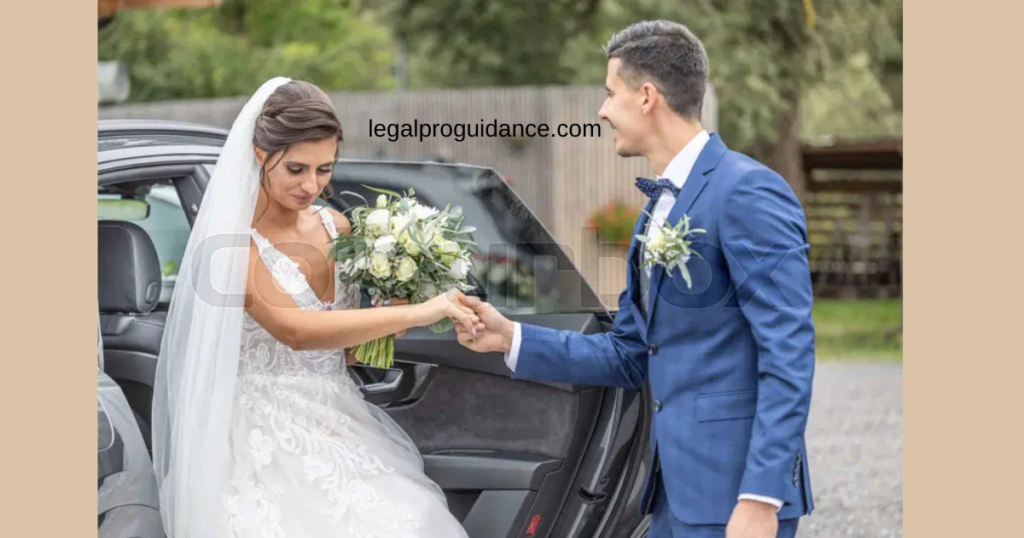
- Do they introduce each other as husband and wife?
- Do family, friends, and the public perceive them as a married couple?
- Do they file joint tax returns?
- Do they complete other documents as a married couple or use each other’s last name?
- Do they maintain joint bank accounts?
Common Law Legal Eligibility in Kansas
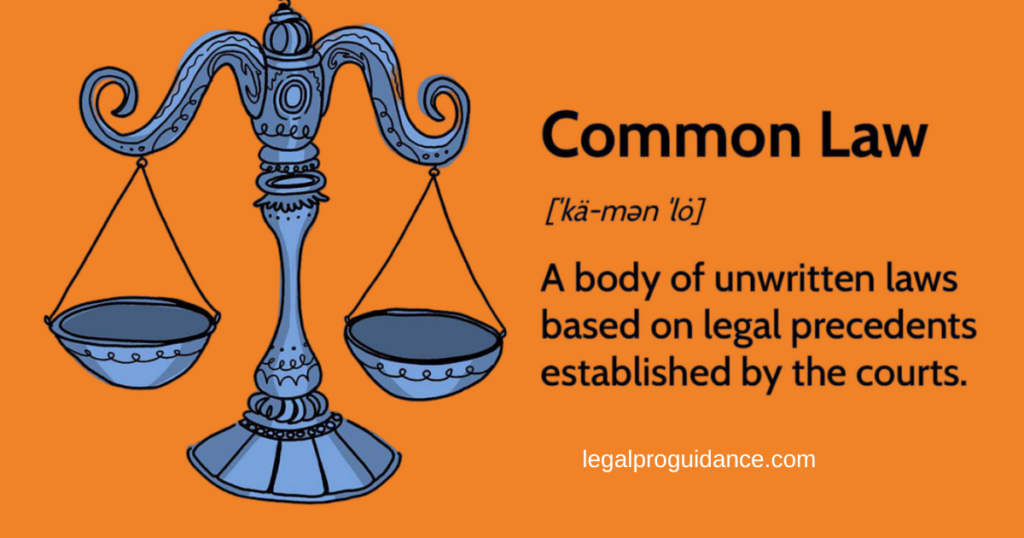
To legally establish a common law partnership in Kansas, both parties must meet the age requirement for marriage and possess the capacity to make such a decision. Neither party may be currently married to someone else, and the marriage must not be incestuous. The following individuals are prohibited from forming a common-law partnership:
- Minors under the age of eighteen
- Individuals lacking the mental capacity to enter into marriage
- Closely related individuals
- Those already in a legally recognized marriage with another person
While dividing assets can be challenging, a knowledgeable attorney can provide guidance on navigating a common law separation effectively.
Misunderstandings Regarding Common Law Marriage in Kansas
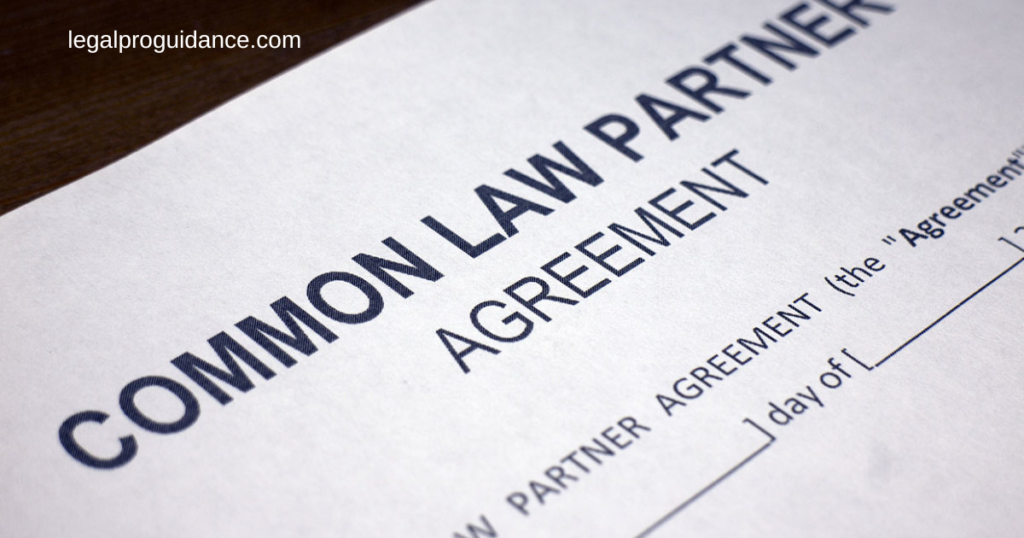
There are several common misunderstandings about common law marriage:
- Co-habiting for seven years does not automatically establish a common law marriage.
- Having children and cohabiting does not equate to being common law married.
- The only means to terminate a common law marriage is through divorce.
There is no legal differentiation among ceremonial, traditional, and common law marriages. Professionals in Kansas family law can assist in recognizing a common law marriage, provide insights into the nature of common law marriage in Kansas, inform you about legal protections, and support the establishment of new common law marriages. As laws evolve, your marriage law specialist can keep you informed about the applicable regulations for your partnership.
Understanding Common Law Divorce in Kansas
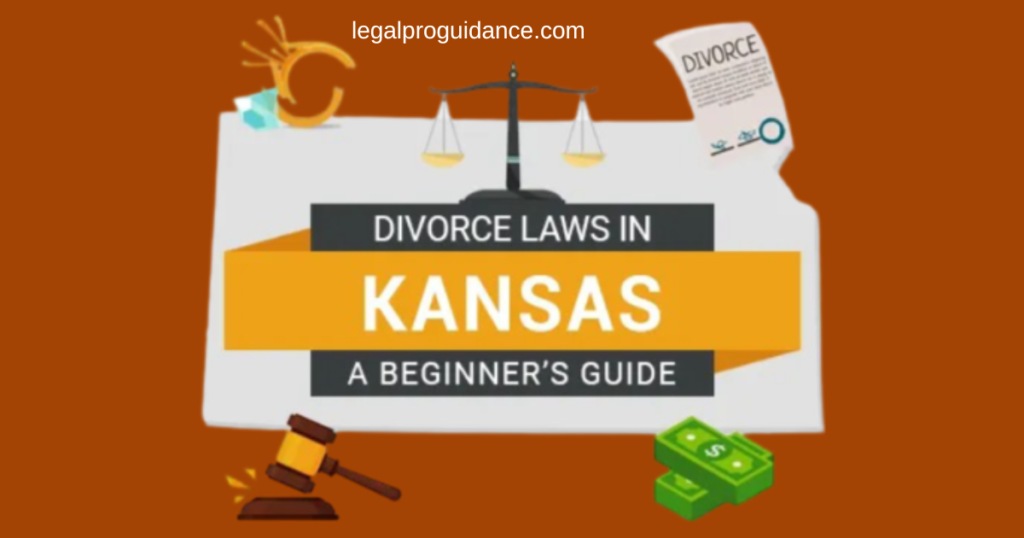
A common law marriage can only be dissolved through divorce or death. The process of common law divorce in Kansas includes formal hearings, during which the court addresses property division, child custody, child support, and alimony. It is essential to recognize that the absence of formal documentation often associated with common law marriages may complicate this process.
Property Division in Common Law Marriages
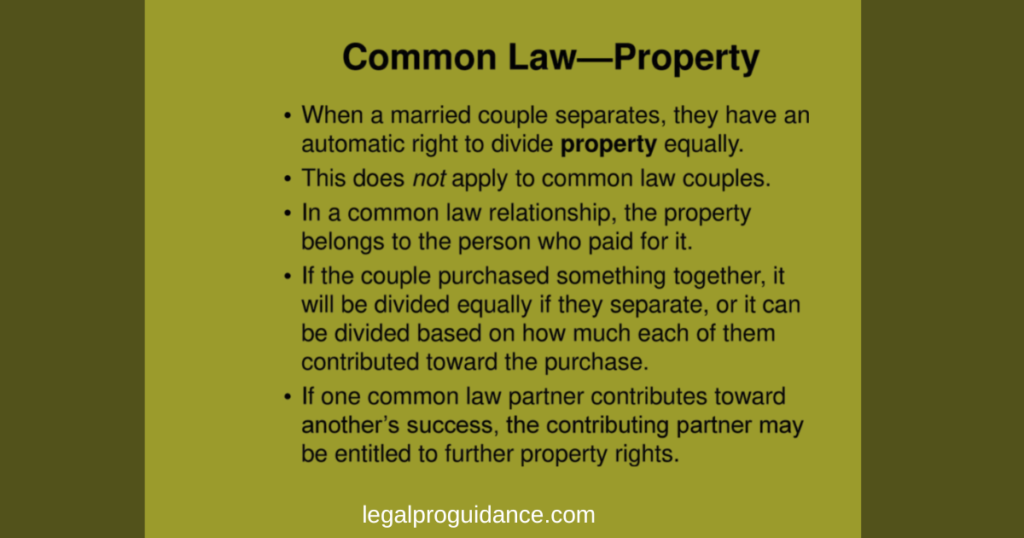
In Kansas, couples in a common-law marriage have the same legal rights and responsibilities as those in officially recognized marriages. Each partner in a common law marriage is entitled to the following rights:
- The entitlement to receive property from a partner as an inheritance.
- Access to health care benefits.
- The authority to make healthcare choices for each other.
- The right to document and designate your partner as a dependent.
Identifying Marital Property versus Separate Property
The differentiation between marital and separate property is an essential initial step in the asset division process during the separation or dissolution of a marriage. Marital property, often called community property, encompasses all assets and liabilities acquired by either spouse throughout the marriage, including real estate, vehicles, investments, and more.
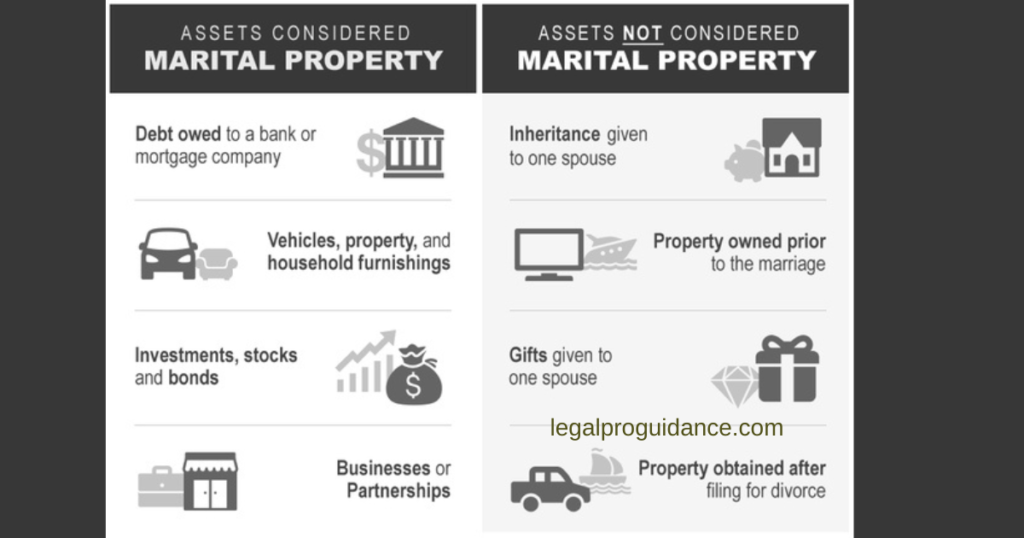
In contrast, separate property pertains to assets obtained prior to the marriage, such as inheritances or gifts designated for one specific partner. However, the distinction between these categories can be complex. Family courts in Kansas strive for an equitable distribution of marital assets, although this does not always equate to an equal division.
To facilitate a fair distribution of assets, Kansas courts take into account several critical factors:
- Duration of the marriage
- The age and overall health of partners.
- Economic circumstances, earning potential, and overall financial status
- Contributions to the marriage, whether monetary or non-monetary.
- Future earning capacity
- Education, skills, and job opportunities
- Nature of the property and the manner in which it was acquired
Whether in a common-law marriage or exploring options, understanding these legal frameworks is vital for safeguarding your interests.
Consultation with an Experienced Family Law Attorney for Property and Common Law Marriage in Kansas

If you require assistance comprehending your relationship status, the legal ramifications, and the stipulations surrounding common-law marriage, it is advisable to consult The Bright Family Law Center promptly. Our expertise enables us to navigate property division disputes effectively, offering tailored legal solutions for all your common-law marriage requirements. Engaging a knowledgeable legal professional can help protect your rights, especially when spouses are compelled to address their circumstances in court. Get in touch today to discuss how we can help.
Conclusions! “Does Kansas Recognize Common Law Marriage?”:
To summarize, Kansas acknowledges common law marriage, but only if certain conditions are met. Couples must mutually agree to enter into a marriage, live together as spouses, and hold themselves out to the public as married. While formal registration isn’t required, meeting these criteria establishes a legal marriage in Kansas. However, navigating the nuances of common-law marriage can be complex, and individuals should seek legal advice to ensure their rights and obligations are properly understood and protected.
You can also read about Spartan Capital’s Securities Lawsuit here.
FAQs:
Is it possible to establish a common law marriage if one individual is already married to another person?
No, both individuals must be legally eligible to marry. If one individual is currently married, a common law marriage cannot be formed.
Can a common law marriage be acknowledged if the couple relocates to a different state?
This is contingent upon the laws of the new state. Some states recognize common law marriages that were established in other jurisdictions, while others do not.
What evidence is required to substantiate a common-law marriage in court?
Documentation such as joint tax returns, property ownership records, and testimonies from acquaintances can assist in demonstrating the existence of a common-law marriage.
Is it possible to transition a common-law marriage into a formal marriage?
Yes, couples in a common-law marriage have the option to hold a formal wedding ceremony and obtain a marriage license.
What occurs if a common law marriage is contested during a separation?
The court will review evidence to ascertain whether a valid common-law marriage existed. If the court determines that such a marriage was in place, the couple will proceed through the divorce process.
Seek Assistance from a Qualified Family Law Attorney Regarding Common Law Marriages
In Kansas, common law marriage grants couples the same legal rights and responsibilities as formal marriages, provided they meet certain criteria. It is essential for couples contemplating or currently in a common-law marriage to understand these requirements and their legal ramifications. At The Bright Family Law Center, LLC, we are dedicated to offering guidance and support for all your family law matters, including common law marriage and its dissolution. Should you have any inquiries or require legal assistance, please reach out to us for a complimentary consultation.

